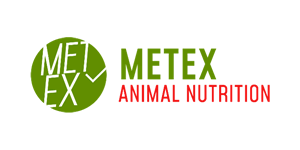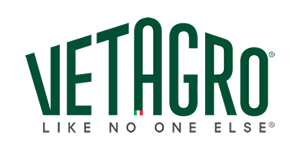01 – Nir Bonda – Using artificial selection tools to increase neonates’ survival rate in black soldier fly (Hermetia illucens) after suspension
02 – Kriti Shrestha – Correlated response to selection for increased body weight on fecundity in Hermetia illucens
03 – Inbar Nevo-Yassaf – A novel PCR-based method for early sex identification in black soldier fly (Hermetia illucens) larvae
04 – Leonard Opare – High larval density and exposure to entomopathogenic fungi adversely affect key life history traits and lead to increased immune investment in the black soldier fly
06 – Antonios Tsagkarakis – Silkworms as an alternative insect protein source: nutritional value and environmental sustainability
07 – Georgia Baliota – Comparative larval growth of Alphitobius diaperinus populations on various substrates
08 – Christina Adamaki-Sotiraki – Do strains affect insect farming efficiency? The effect of Tenebrio molitor strains on adult fecundity and larval growth
09 – Christoph Sandrock – Pervasive plasticity: Genotype-by-environment interactions for larval performance and body composition traits in the black soldier fly
10 – Irene de Carlos – Modeling the impact of non-native honey bee importation on native Apis mellifera mellifera populations
11 – Valeria Taurisano – How genetic integrity in honey bees, addressed in a regional law, can be monitored using mitochondrial DNA
12 – Joana Oliveira – A glow in the waste: advancing food safety with transgenic fluorescent black soldier fly larvae
13 – Ana Maria Silva Campos – Optimizing COI barcoding for molecular detection of hidden insect infestations in rice grains: evaluating primer efficiency and detection limits







